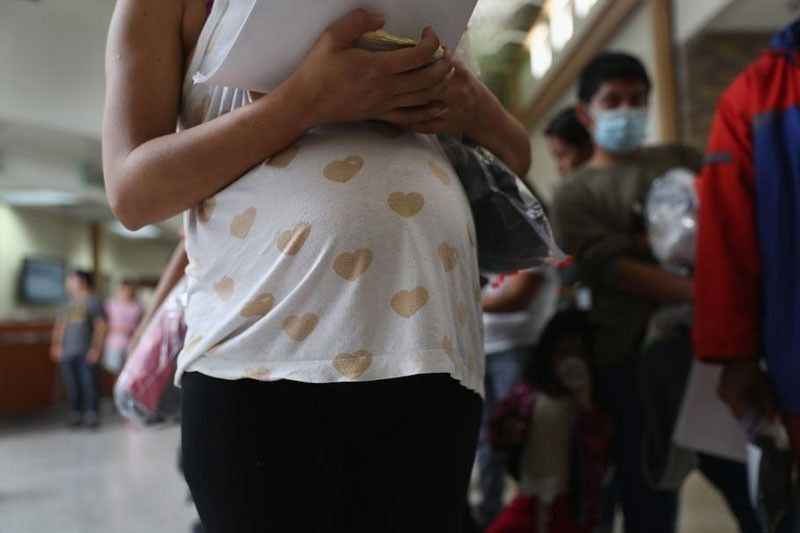‘Families with recurring teenage pregnancy may face inter-generational poverty’

MANILA, Philippines – Families with recurring cases of teenage pregnancy are at risk of experiencing “inter-generational poverty” where succeeding generations are expected to be poor, the Commission on Population (PopCom) warned yesterday.
Speaking at the launch of the “No More Children Having Children” campaign, PopCom executive director Juan Antonio Perez said couples will likely have a hard time improving their lives if they become parents at a very young age.
“For minors who start to have a family at a young age, it is most likely going to lead to a situation we call intergenerational poverty. This means the family will pass on poverty from generation to generation,” he noted.
He added that underage parents who are not able to finish their studies and, at the same time, faced with the responsibility of providing for their children, have low chance of getting decent employment.
Perez said it is estimated that the impact of lost income amounts to P33 billion for young parents “who would have otherwise earned that much more had they not gotten pregnant.”
To address rising teen pregnancy in the country, the PopCom, the Philippine Legislators’ Committee on Population and Development (PLCPD), United Nations Sustainable Development Solutions (UN SDSN) Youth and other advocates of reproductive health are pushing for laws to address the issue.
The groups are pushing for complete legislative action on adolescent pregnancies in the country and to review the implementation of the Reproductive Health law and other relevant laws.
Renko Gaudiel, program associate of UN SDSN Youth, described the prevailing circumstances in the Philippines as “alarming.”
Gaudiel said that even the UN has noted that among six major economies in the Association of Southeast Asian Nations (ASEAN) region, the Philippines has the highest rate of teenage pregnancy and “is the only country where the rate is still increasing.”
Perez added that adolescent pregnancy in the Philippines has been a “rising phenomenon” since around 2010 to 2011 when it hit almost 200,000 cases and went up to a peak in 2014 with around 210,000 cases.
“The result is we are having more than 500 adolescents giving birth every day in this country. It reached its peak in 2014 when 576 babies are being born every day,” he said.
- Latest
- Trending
































